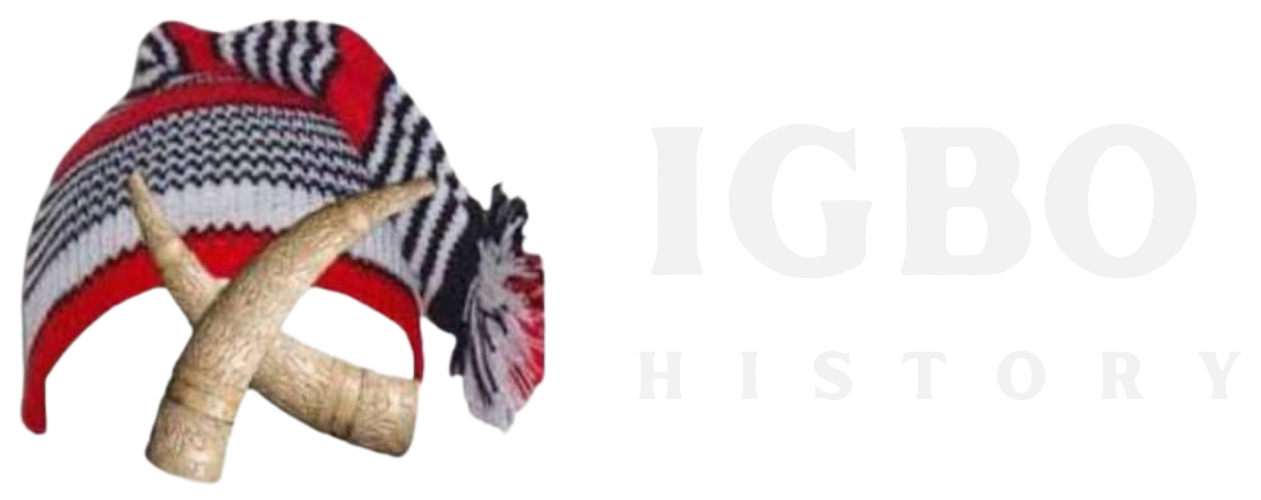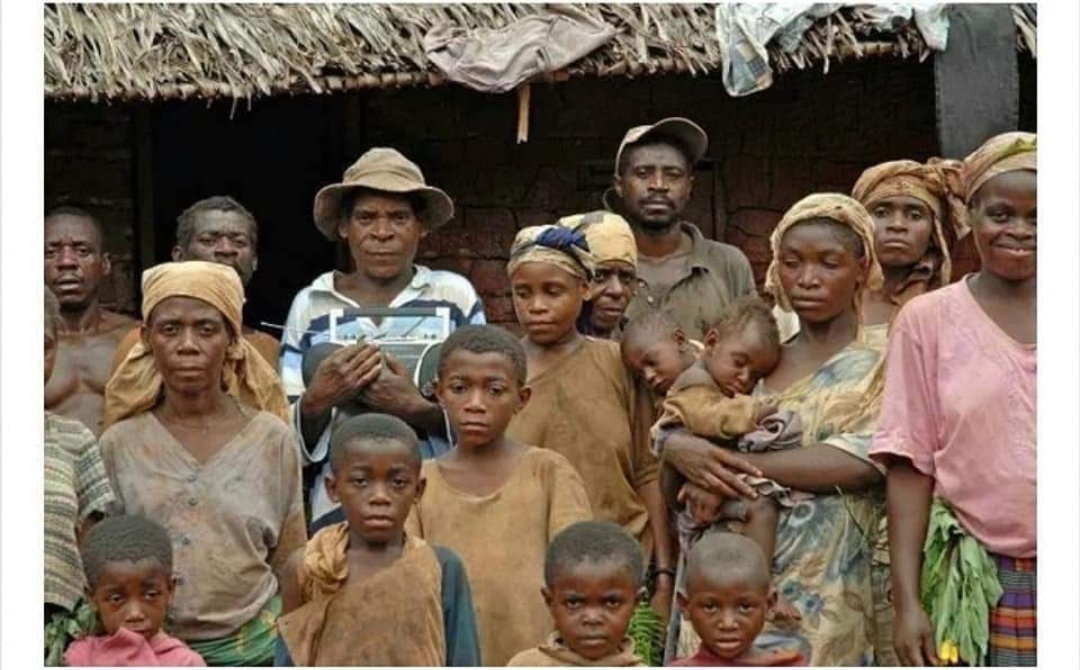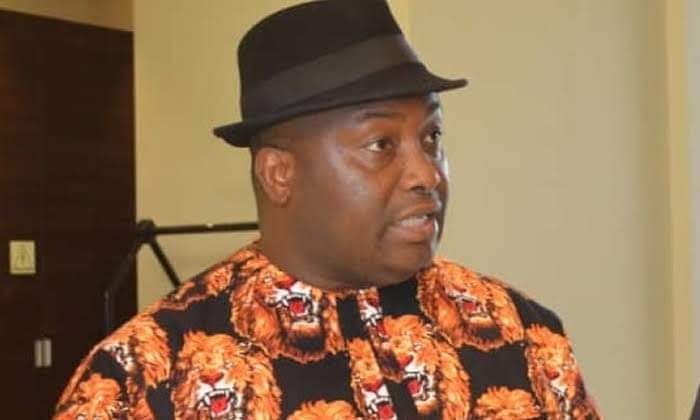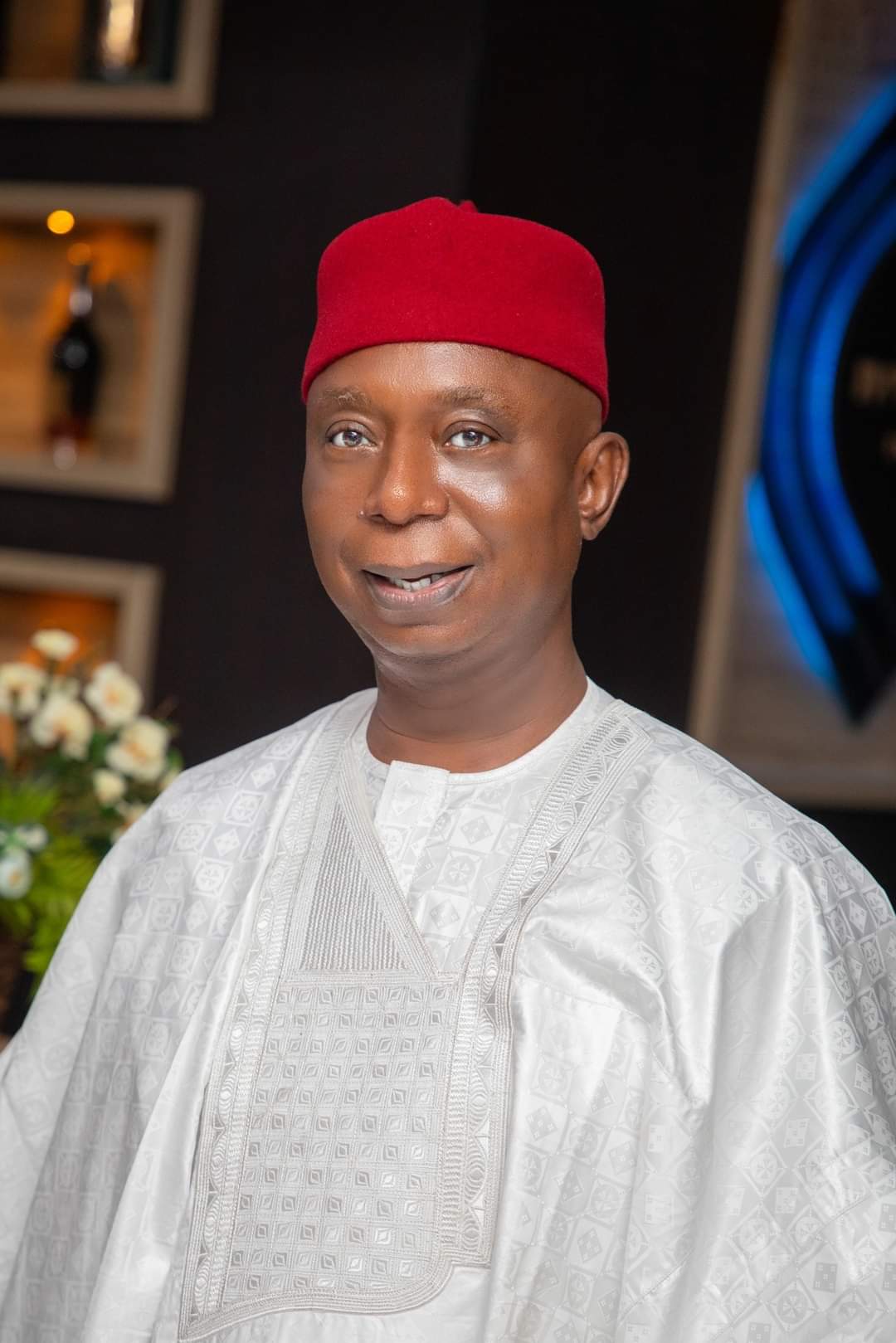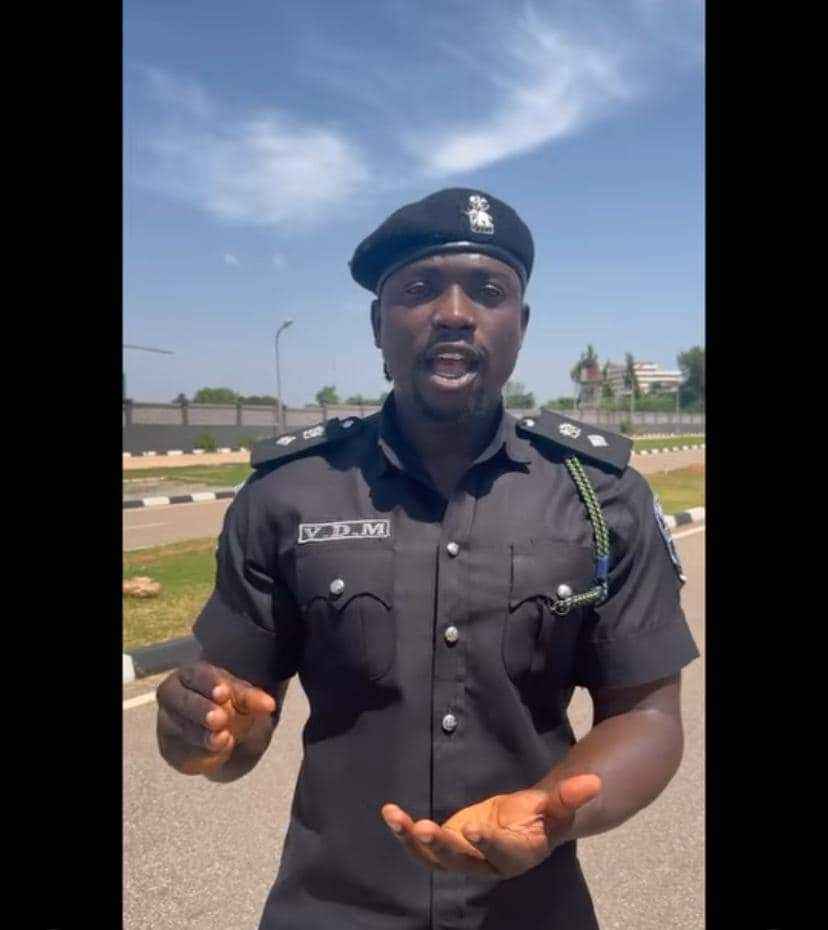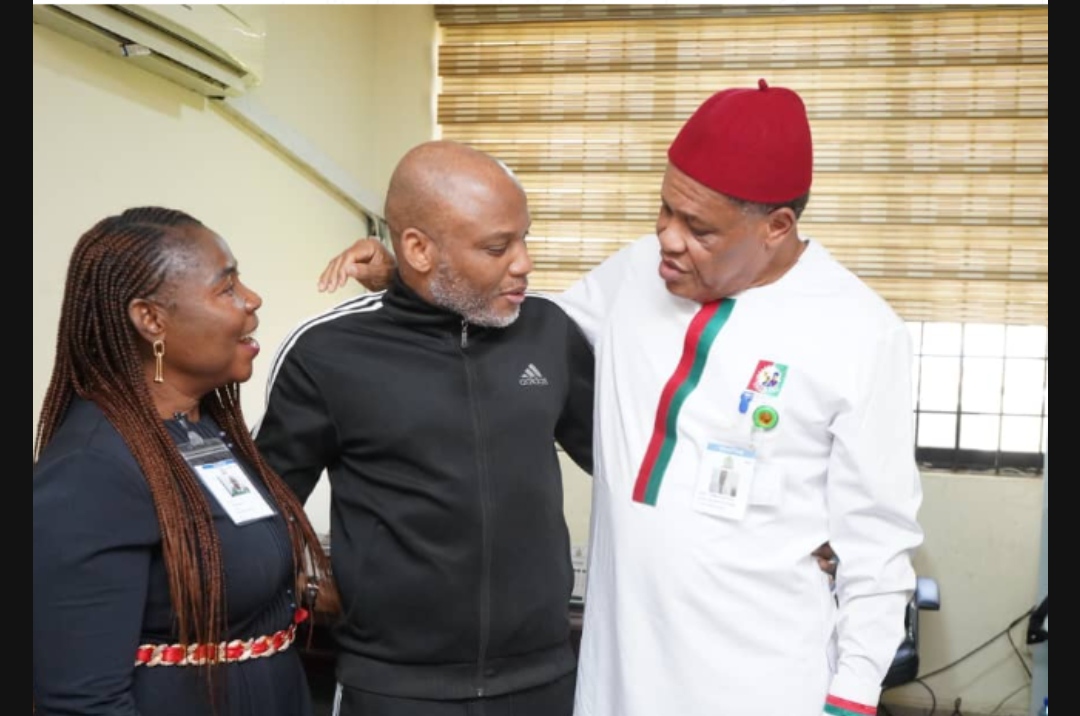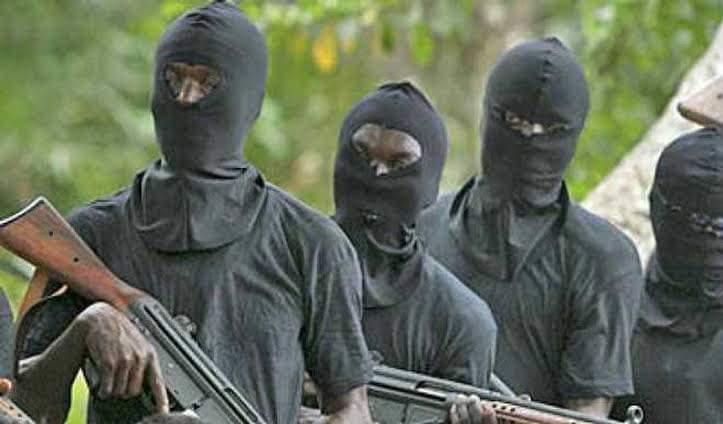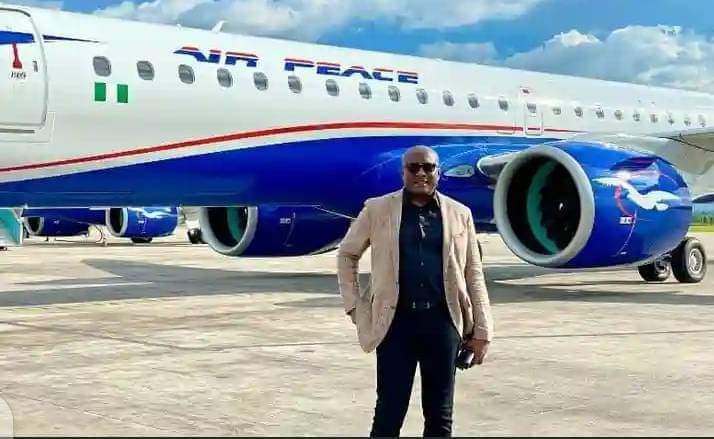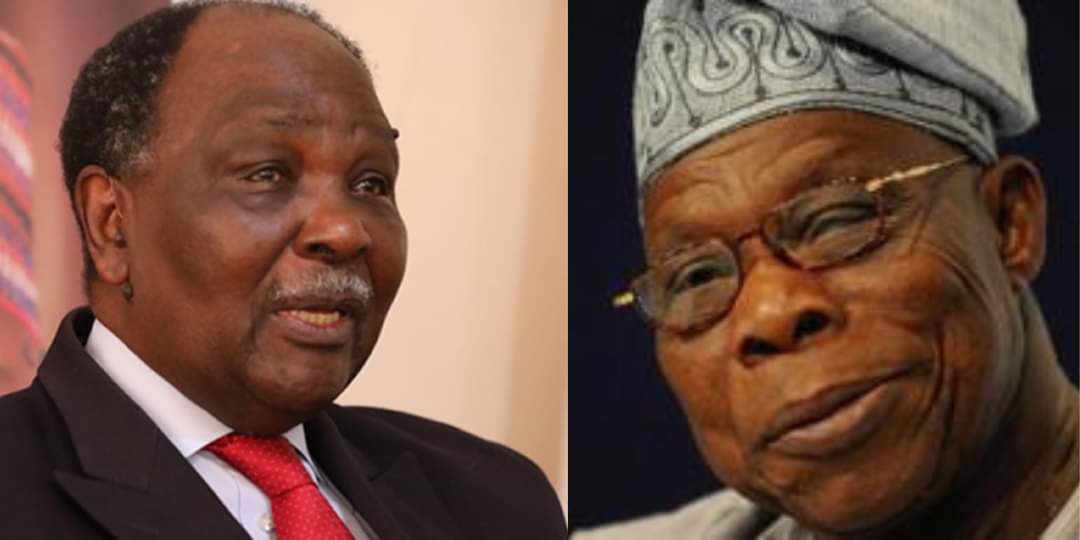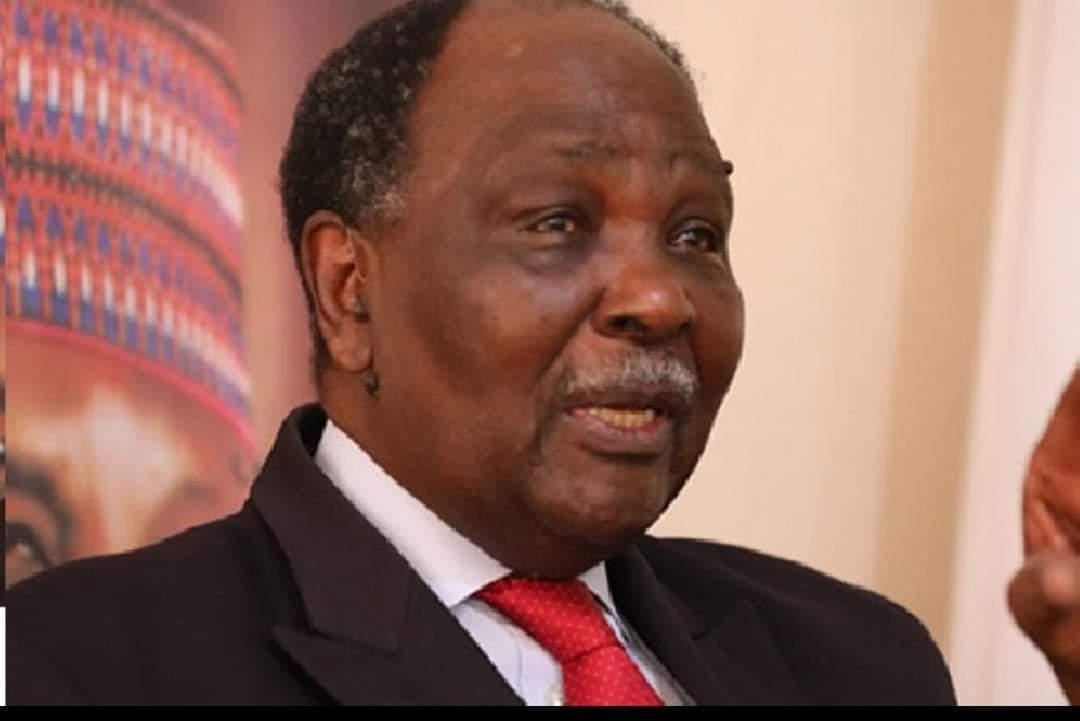Equatorial Guinea, situated at the eastern end of the Gulf of Guinea on the west coast of Africa, is unique as the only Spanish-speaking country on the continent. The country is home to several ethnic groups, including the Bubi, Fang, and the Igbo.
The Igbo people of Bioko, officially recognized by the government of Equatorial Guinea, form the third-largest ethnic group after the Fang and Bubi. They primarily reside in a small area of Bioko Island and are multilingual, speaking Pidgin English, Fang, Igbo, Bubi, and Spanish, the official language of the country.
Numbering approximately 33,500, the Igbo community in Equatorial Guinea is no longer isolated. As part of the larger Igbo cultural group within the Sub-Saharan African affinity bloc, they maintain a distinct identity despite being a minority in a nation of about 1.2 million people.
The Igbo language remains a vital part of their heritage. Although their dialect has evolved and deviated slightly from modern Igbo spoken in Nigeria, it is still a recognized language in Equatorial Guinea. This linguistic connection reflects their roots, even though their version of Igbo has been influenced by local languages and Spanish.
Historically, many of the Igbo people in Equatorial Guinea trace their ancestry to migrants from Arochukwu in Nigeria, who were brought to the region as laborers during the Spanish colonial era in the 19th century. This migration wave was largely driven by the demand for labor on plantations, and the Igbo people referred to Equatorial Guinea as “Panya” during that period.
Locals have observed that the Igbo language spoken in the region retains some traditional phrases. For instance, they use “bia ikaa” for “come here,” showcasing the preservation of certain linguistic elements passed down through generations.
